Pakistani officials announced Thursday that the country’s air defense systems shot down over two dozen Indian drones overnight, including one that struck a military site near Lahore, injuring soldiers and causing damage.
The latest exchanges come a day after India said it hit targets inside Pakistan in the early hours of Wednesday, two weeks after it accused the neighboring country of involvement in an attack in India-ruled Kashmir in which 26 people were killed.
Islamabad had denied the accusation and vowed to retaliate against the missile strikes, also saying it shot down five Indian aircraft. The Indian embassy in Beijing termed reports of fighter jets being shot down as “misinformation.”
Pakistan shot down 25 Israeli-made drones from India at multiple locations, including the two largest cities of Karachi and Lahore, and their debris is being collected, Pakistan military spokesperson Ahmed Sharif Chaudhry said.
One drone was also shot down over the garrison city of Rawalpindi, home to the Pakistan army’s heavily fortified headquarters, he said.
Another drone hit a military target near Lahore and four personnel of the Pakistan army were injured in this attack, Chaudhry said.
“Indian drones continue to be sent into Pakistan airspace … (India) will continue to pay dearly for this naked aggression,” he said.
The Indian Defense Ministry said Pakistan attempted to engage several military targets in northern and western India on Wednesday night and early Thursday and they were “neutralized” by Indian air defense systems.
In response, Indian forces targeted air defense radars and systems at several locations in Pakistan on Thursday, it said in a statement, adding that the “Indian response has been in the same domain with the same intensity as Pakistan.”
Pakistan also increased the intensity of its firing across the cease-fire line, the de facto border, in Kashmir and 16 people, including five children and three women, were killed on the Indian side, the statement said.
The relationship between India and Pakistan has been fraught with tension since they gained independence from colonial Britain in 1947, and the countries have fought three wars, two of them over Kashmir, and clashed countless times.
Both acquired nuclear weapons in the 1990s.
Trading was halted on Pakistan’s benchmark share index after the index slumped 6.3% on news of the drone attacks. Indian equities, rupee and bonds fell sharply in late afternoon trading after the Indian Defense Ministry statement.
India reiterates warning
Pakistan says at least 31 of its civilians were killed and about 50 wounded in Wednesday’s strikes and in cross-border shelling across the frontier in Kashmir that followed, while India says 13 of its civilians died and 59 were wounded.
On Thursday, Indian government ministers claimed in a meeting of political parties in New Delhi that the strikes on Pakistan had killed over 100 alleged terrorists and that the count was still ongoing, government sources said.
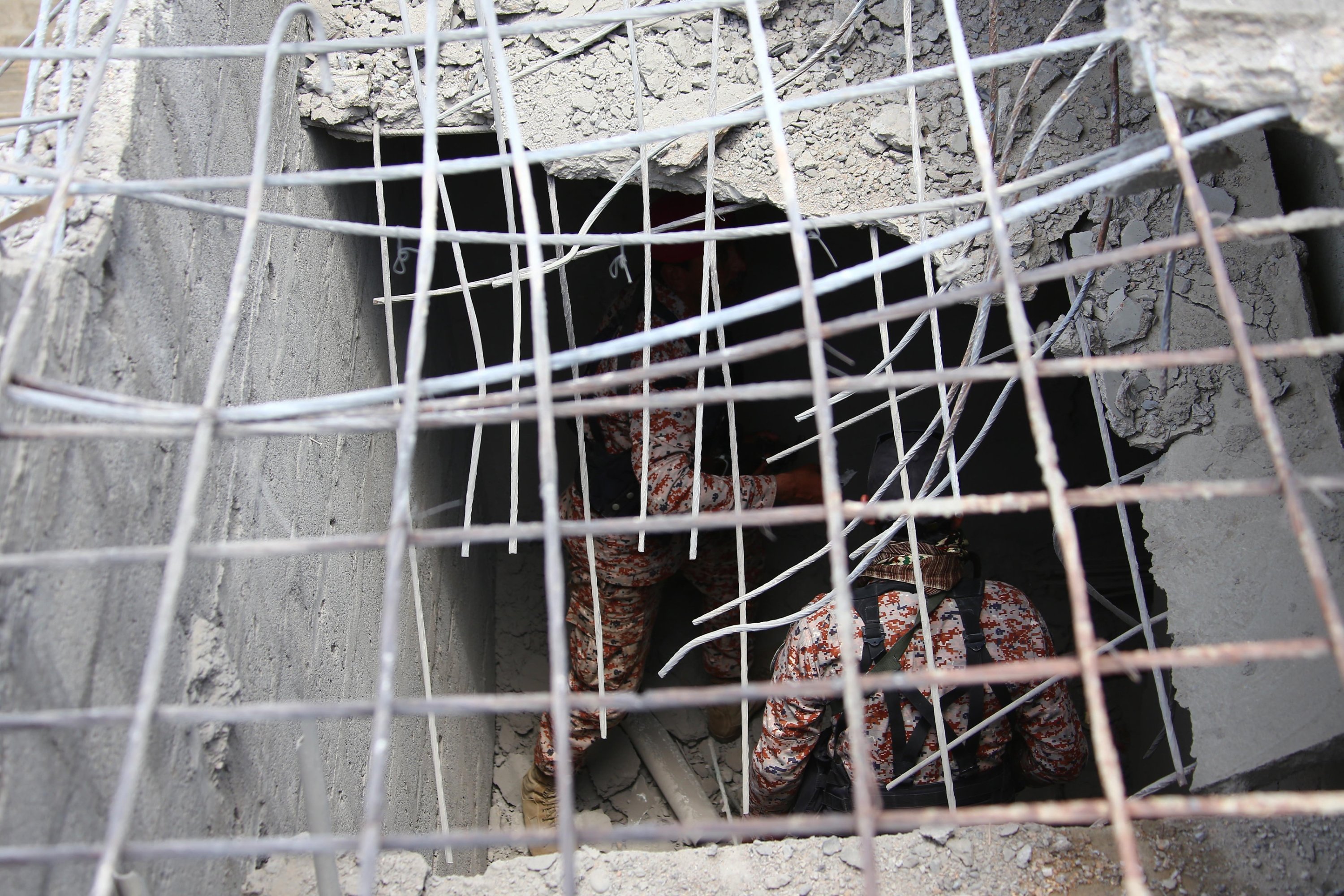
In the Kashmir valley, the cable car in Gulmarg, a major tourist attraction, was shut due to its proximity to the border with Pakistan. A hotel manager there who did not want to be named said police had ordered the hotel vacated on Wednesday night.
Blackout drills were conducted in India’s border regions on Wednesday night.
Local media reported panic buying in some cities in the Indian state of Punjab, which shares a border with Pakistan, as people hoarded essentials, fearing a Pakistani retaliation to the Indian strikes.
Pakistan’s aviation authority “temporarily suspended” flight operations at airports in Lahore, Karachi, and the northeastern city of Sialkot until noon (7 a.m. GMT). It did not give a reason for the suspension.
Although Pakistan’s federal government has pledged to respond to India’s strikes, Defense Minister Khawaja Muhammad Asif told The New York Times on Wednesday that Pakistan was ready to deescalate.
Indian Foreign Minister Subrahmanyam Jaishankar said New Delhi did not intend to escalate the situation. “However, if there are military attacks on us, there should be no doubt that it will be met with a very, very firm response,” he said at an India-Iran Joint Commission Meeting.
With India saying it would “respond” if Pakistan “responds,” global powers have urged a calming of tensions. U.S. President Donald Trump said on Wednesday he hoped the countries could “work it out,” adding he “will be there” if he can help.
China urged both countries to act in the larger interest of peace and stability, with the Chinese Foreign Ministry spokesperson saying that Beijing was ready to work with the international community “to avoid actions that further complicate the situation.”
Russia and the U.S. have also urged restraint.
The current escalation comes at a precarious time for Pakistan’s $350 billion economy, which is still recovering from an economic crisis that brought it to the brink of defaulting on external debt obligations in 2023 before it secured funding from the International Monetary Fund (IMF).

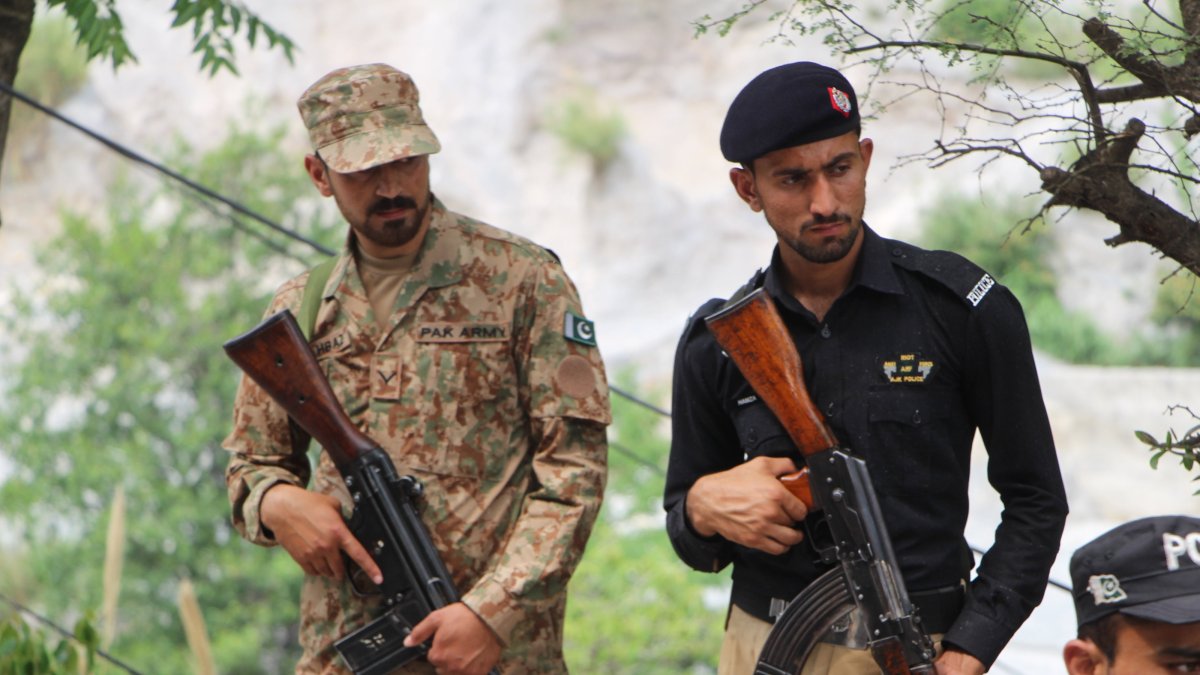
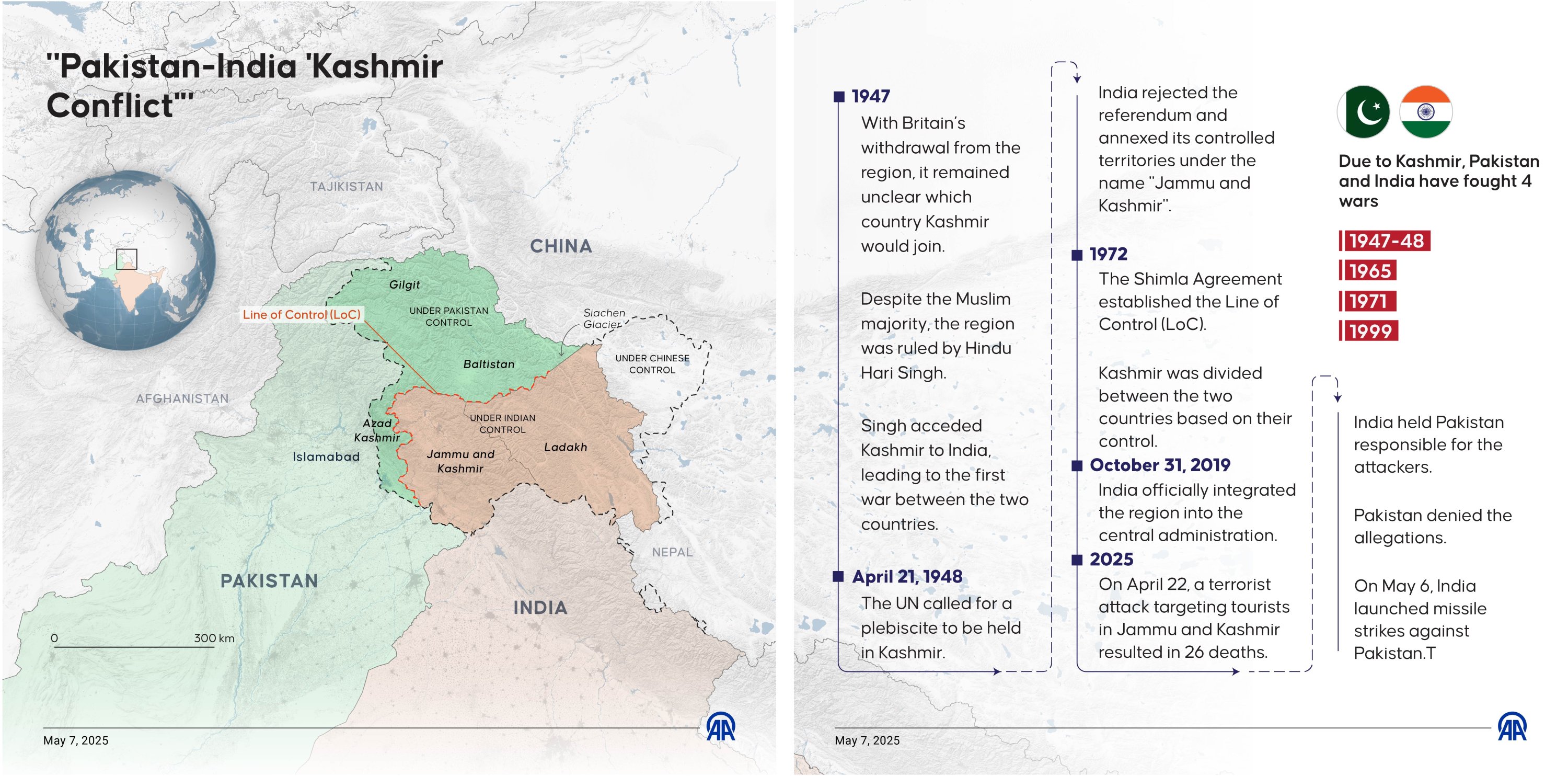






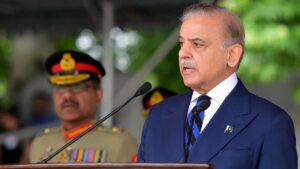



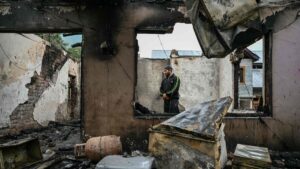


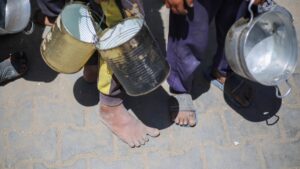





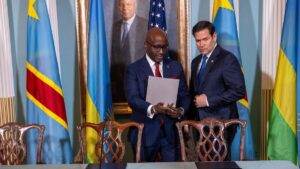








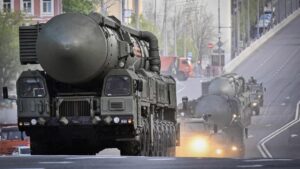











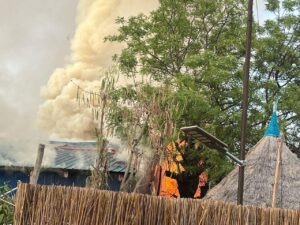
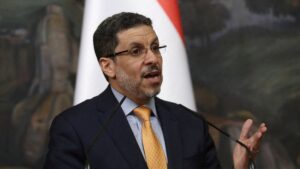
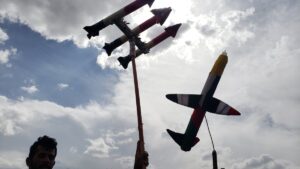

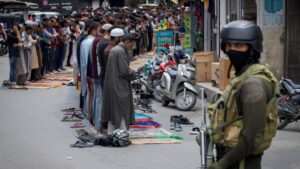


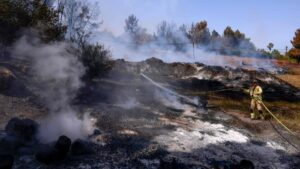


Be First to Comment